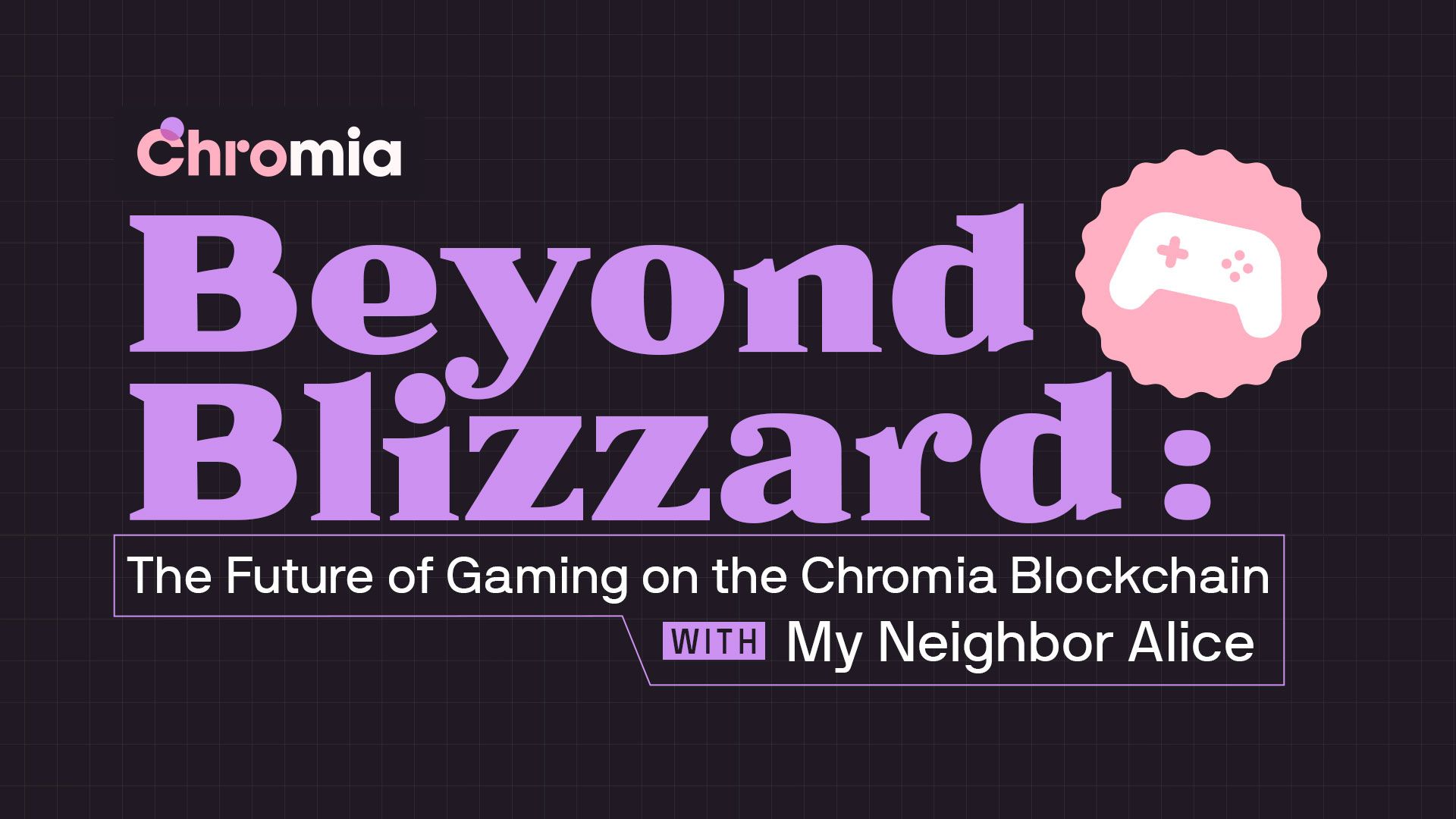The recent dispute between Blizzard and NetEase has shut out millions of Chinese players from games like World of Warcraft, Starcraft, and Overwatch. Players are left without access to characters and accounts they have spent months, or even years, developing.
Those observing the situation closely began to speculate last year that this situation could come to a head if negotiations between Blizzard and NetEase were not resolved. NetEase was the sole distributor and service provider for several Blizzard titles in China.
Since no new agreement was reached by the expiration date of the old contract (January 23 2023), players are left unable to log in to any of these games. Blizzard did provide a method for players to save their progress - however, this save data is unusable until a new distributor is found and the games are brought back online.
This situation caught the attention of Viktor Plane (head of blockchain development at My Neighbor Alice), as it illustrates the advantage that a fully decentralized game could enjoy - once deployed to the blockchain, global access to the game would become permanent and save game data would always be available.
The Current State of Blockchain Gaming
Most early applications of blockchain in gaming have been through the use of NFTs and native cryptocurrency tokens. Most ‘blockchain gaming’ projects on the market today are designed this way.
While valuable characters and items within the game may be represented by tokens or NFTs on a blockchain, games still rely on centralized servers to run the program and/or allow players to download the game client.
Due to this, these games are vulnerable to the same fate that befell World of Warcraft in China. While the NFTs and tokens would remain accessible on the blockchain, it is still possible for something outside the user’s control to cut them off from accessing the game entirely. If the game never comes back online, the utility of the NFTs would disappear, rendering them useless.
My Neighbor Alice: on a mission to become the first completely decentralized game
The long term vision of My Neighbor Alice is to exist 100% on the Chromia blockchain - from the tokens and NFTs, to user data and saved games, to game logic, all the way to the graphical assets themselves.
As of today, it is possible for MNA’s game logic, user accounts and game progress to exist on-chain. Once the FT4 token standard and H-Bridge are completed and deployed, it will also be possible to bridge ALICE tokens and NFTs from Ethereum and Binance Smart Chain to Chromia. However, the team is not content to stop there - they want to bring all of the files and graphical assets needed to run the game on-chain as well.
Enter Chromia Filehub
Filehub is a feature that is currently in the prototype phase. It is a decentralized solution for storing large files on the Chromia blockchain. Here’s how it works:
Files are separated into several small pieces, sort of like a puzzle. These pieces are then stored on multiple nodes across multiple chains, adding redundancy while also distributing network load for improved scalability. The protocol also creates an index block which acts as a set of instructions for rebuilding the file.
“The current version is still in its early stages, but we have already had success chunking and reconstructing game client files on a private test server. Later this year, we will begin testing the reconstruction of files on the public testnet” said Viktor Plane.
A system that works in this way is possible on Chromia because of its modular design and tiered provider structure. On an EVM-based blockchain, it would be necessary to store a full copy of every file on every node, which does not scale effectively. In addition, block size and the gas system place limits on file sizes while also making data storage prohibitively expensive.
A New Platform for New Possibilities
While there is still a lot of work to be done, we share MNA’s long term vision of delivering ‘on-chain games.’ By delivering an innovative platform with relational blockchain architecture, enhanced NFTs and protocols like Filehub, we are aiming to redefine the possibilities for decentralized applications and games. Follow our social media channels to stay up to date on the progress on our Mark 2 Testnet and the road towards mainnet launch.
About Chromia
Modern society runs on data, and every online service you’re using is built upon underlying databases - ranging from your online bank to music streaming and gaming. Chromia is a relational blockchain - a combination of a relational database and a blockchain - making it easy to develop user-friendly decentralized apps for almost any industry, including DeFi, NFTs, gaming, and more.
Website | Discord | Twitter | Telegram | Facebook | Instagram | Youtube
